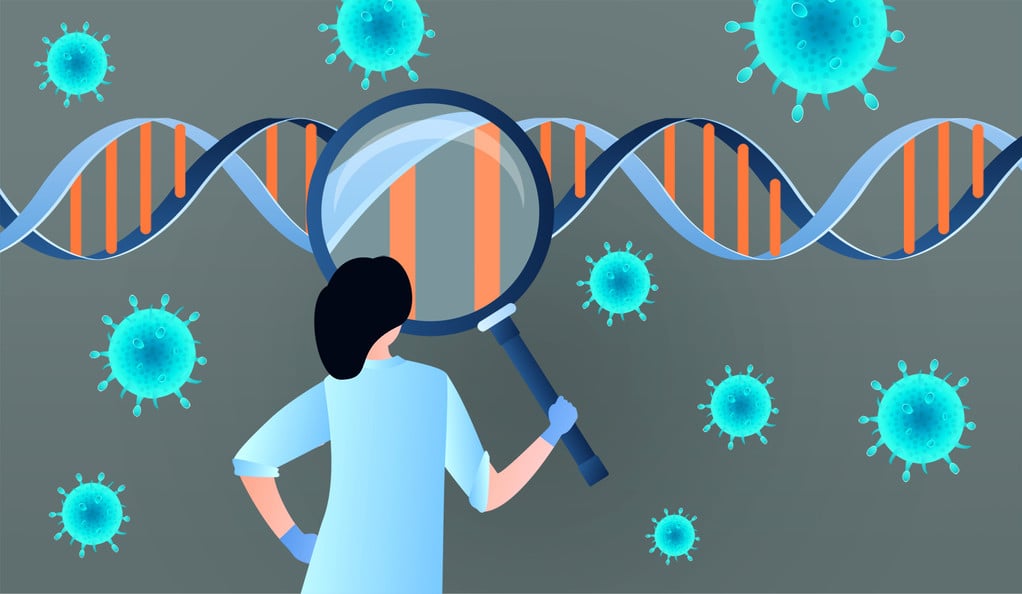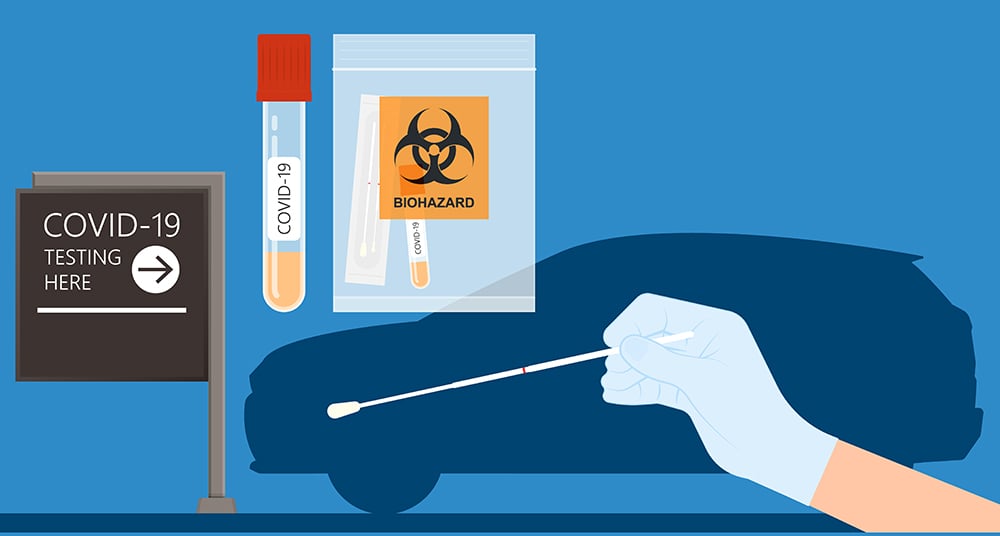8 Things You Need to Know Before Getting a COVID-19 Antibody Test
Are you curious as to whether you’ve had COVID-19 before? Maybe you felt sick a while ago and are wondering if it could’ve been coronavirus. Antibody testing can help satisfy that curiosity by testing your blood for antibodies.
Here are eight things you need to know about COVID-19 antibody testing.
What exactly is a COVID-19 antibody test?
An antibody test checks your blood for antibodies, which may tell you if you had a past infection with the virus that causes COVID-19. Antibodies are proteins that help fight off infections and can provide protection against getting that disease again.
How is it different from a normal COVID-19 test?
Antibody tests cannot tell if you are currently sick with COVID-19, because it can take 1-3 weeks after infection for your body to make antibodies. A viral test can tell you if you currently have a COVID-19 infection by checking a sample from your respiratory system, such as a swab from the inside of your nose.

What does it mean if you test positive for COVID-19 antibodies?
You may have antibodies from an infection with the virus that causes COVID-19. You also might test positive even if you never had symptoms of COVID-19. This can happen if you had an infection without symptoms (asymptomatic infection).
If you have no symptoms, you likely do not have an active infection and no additional follow-up is needed.
If I test positive for COVID-19 antibodies, does that mean I'm immune?
Not necessarily. Researchers do not have enough evidence to know if having antibodies means you’re protected against reinfection with COVID-19. If it does provide protection, we do not know how much protection the antibodies may provide or how long this protection may last.
You should continue to protect yourself and others since you could get infected with the virus again.
What does it mean if I test negative for COVID-19 antibodies?
You may not have ever had COVID-19 or you could still have a current infection. The test may be negative because your body hasn’t had enough time to develop antibodies yet.
If you develop symptoms after the antibody test, you might need a viral test to check for current infection. Talk with your healthcare provider about your test result and the type of test you took to understand what your result means.
Is there such thing as a false negative or false positive?
Yes. No antibody or viral COVID-19 is 100% accurate, Positive results can be due to past or present infection with a related virus from the same family of viruses (called coronavirus), such as one that causes the common cold. Similarly, if someone tests negatives for COVID-19 antibodies but does really have those specific antibodies, the result is a false negative.

Where can I get an antibody test?
Antibody tests are available through healthcare providers and laboratories. Contact your primary care doctor or TargetCare provider to discuss your situation, describe any symptoms and get advice on whether you need a COVID-19 antibody test.
While taking an antibody test may satisfy your curiosity, your result does not confirm whether you're immune from contracting the virus again.
Regardless of whether you test positive or negative, the results do not confirm whether or not you are able to spread the virus that causes COVID-19. Until researchers know more, continue to protect yourself and others by social distancing, washing your hands and wearing a mask.

